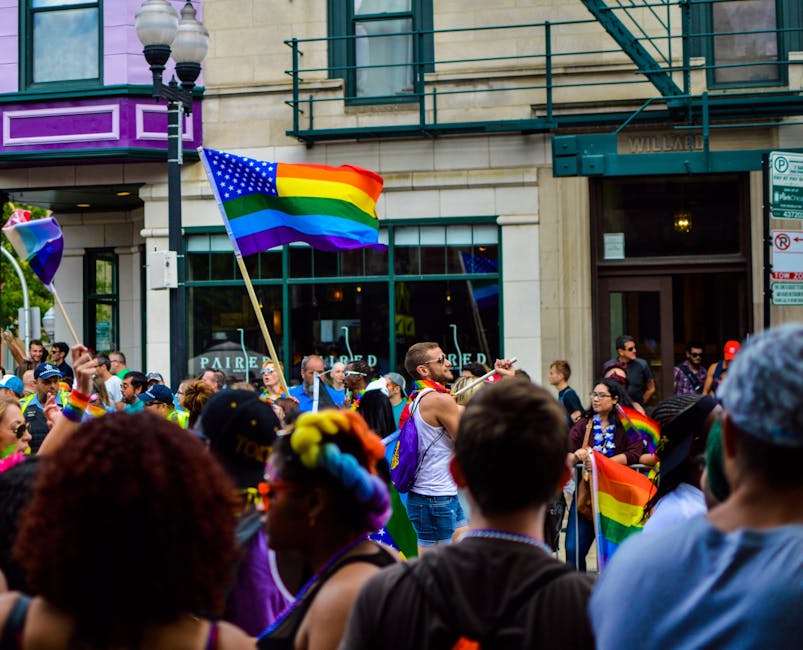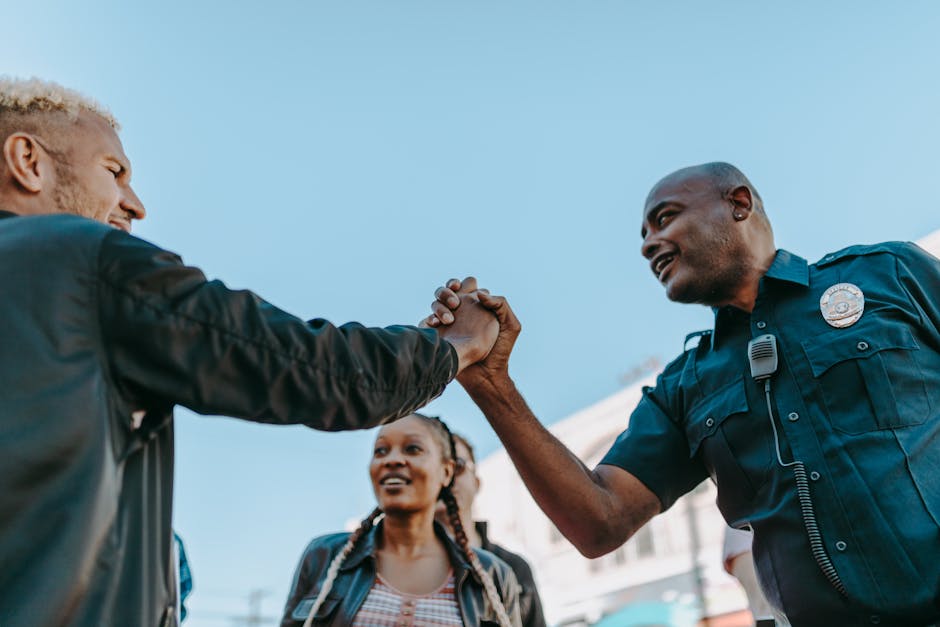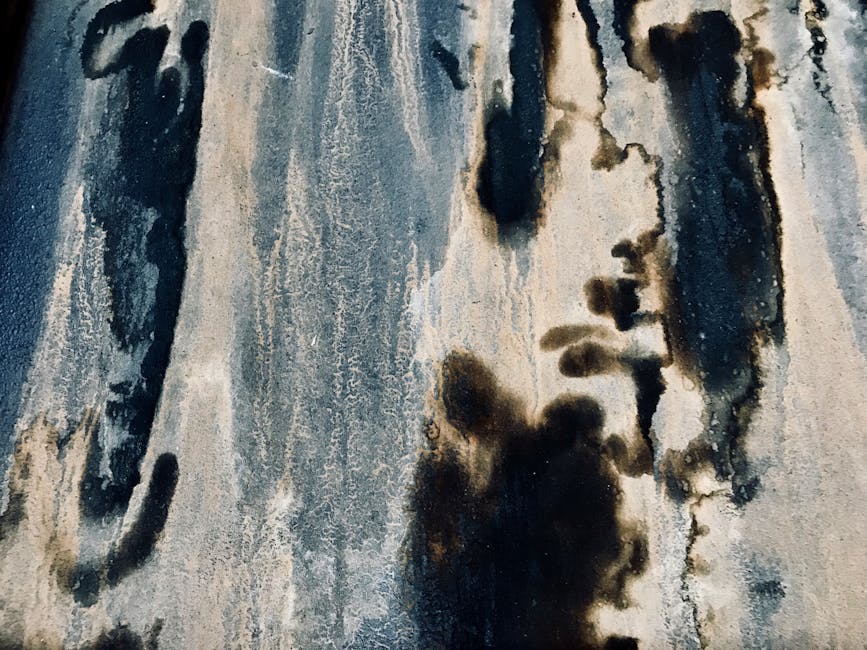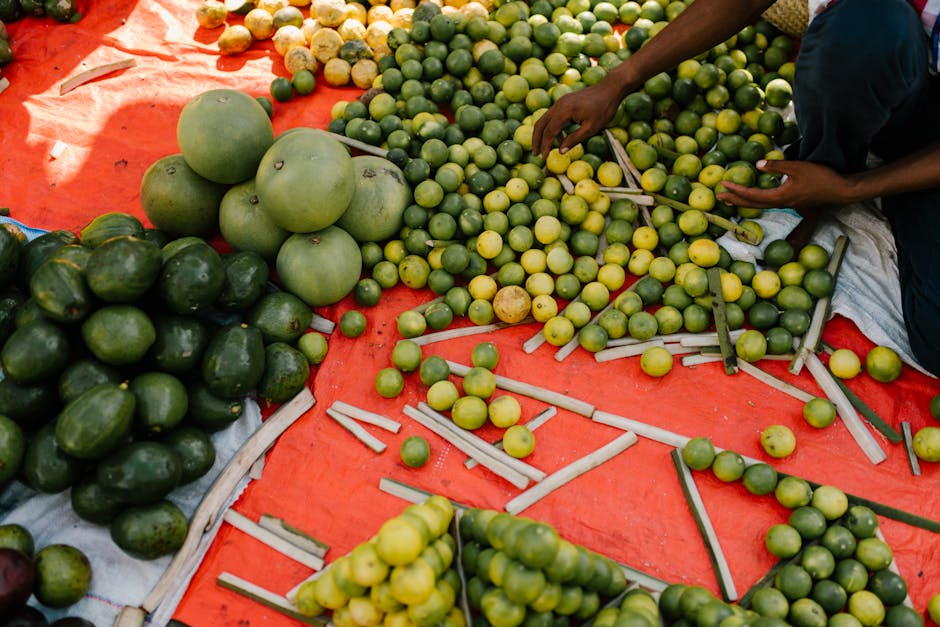The skies over Taipei may have opened up, but they couldn’t wash away the colour. This weekend, despite a persistent drizzle, tens of thousands of people transformed the city’s streets into a vibrant sea of rainbow flags, defiant joy, and unshakeable pride. As Taiwan hosted East Asia’s largest Pride parade, it wasn’t just a celebration; it was a powerful declaration of its status as a beacon for LGBTQ rights in a region where progress is often painstakingly slow, and at times, reversed.
A Sea of Rainbows: Taiwan’s Vibrant Pride Parade
The energy was infectious. Marchers from across Taiwan and the world—from students in glittery face paint to elderly couples holding hands under a shared umbrella—chanted for love, equality, and human rights. This annual event is more than just a parade; it’s a testament to a society that, in 2019, chose love by becoming the first in Asia to legalise same-sex marriage.
The rain, far from dampening spirits, seemed to create a fitting backdrop, giving way to fleeting rainbows that mirrored the flags waving below. It was a powerful metaphor for the movement itself: even in challenging conditions, light and hope can break through.
A Stark Contrast: Hong Kong’s Muted LGBTQ Scene
A mere 800 kilometres away, the picture in Hong Kong could not be more different. The storm clouds there are political, and the forecast for LGBTQ rights is bleak. While Taiwan celebrated openly, Hong Kong’s own Pride parade, once a burgeoning symbol of the city’s liberal values, has been cancelled for several years, citing security concerns and the chilling effect of the National Security Law.
This isn’t just about a parade. It’s about a fundamental divergence of two societies. In Hong Kong, the fight for equality is now waged not on the streets, but in protracted, expensive court battles. Activists have won small, incremental victories, such as spousal benefits for same-sex partners in specific cases. However, the legislative path to broader rights, including marriage equality or even comprehensive anti-discrimination laws, is completely stalled. The government maintains that there is no “societal consensus” for such changes, a familiar line used to indefinitely postpone progress.
Two Cities, Two Paths for LGBTQ Rights in Asia
The city that once prided itself on being “Asia’s World City,” a hub of openness and free expression, is seeing its civic space shrink. For the LGBTQ community, this means a future shrouded in uncertainty. The vibrant, vocal activism that pushed for change has been muted, replaced by a cautious and often fearful advocacy. The dream of Hong Kong following in Taiwan’s footsteps feels more distant than ever.
This tale of two cities offers a stark lesson for the region. Taiwan demonstrates that democracy and human rights are intrinsically linked. Its journey towards marriage equality was a democratic process, debated in its legislature and affirmed by its courts, reflecting the will of a society choosing to become more inclusive. Conversely, Hong Kong’s situation shows how the erosion of democratic freedoms inevitably impacts minority rights. When the space for dissent and public assembly disappears, the first to lose their voice are often those on the margins.
For observers in places like India, where the decriminalisation of Section 377 was a landmark victory but the road to marriage equality is still being navigated, this contrast is deeply resonant. Taiwan is the proof of what is possible—the rainbow after the rain. Hong Kong is a sobering reminder of how quickly progress can be halted when fundamental freedoms are compromised.
As the last of the confetti was swept from Taipei’s streets, the message was clear. One city danced in the rain, celebrating a hard-won freedom. The other waits, hoping for the storm to pass and to one day see its own rainbow.




